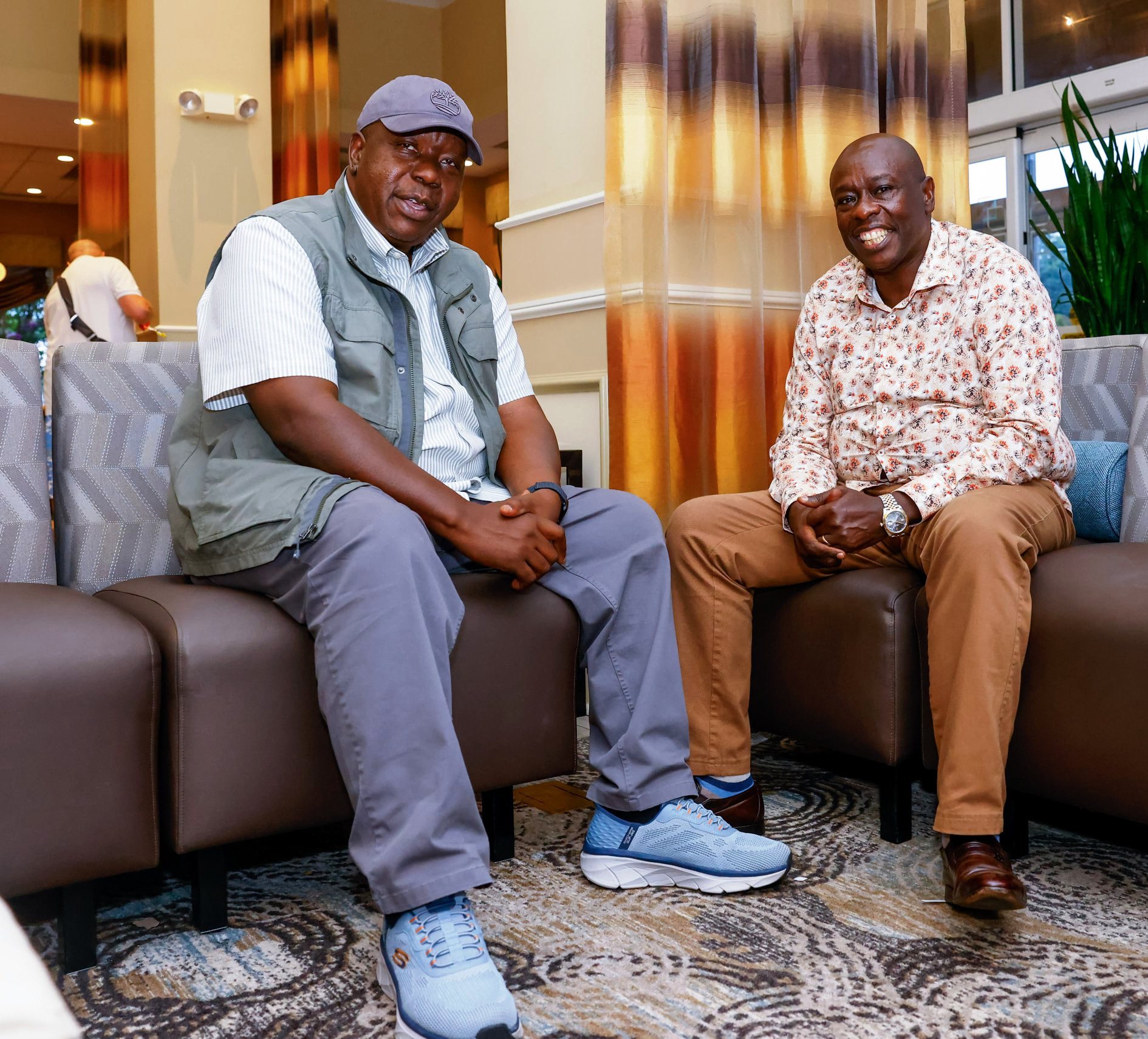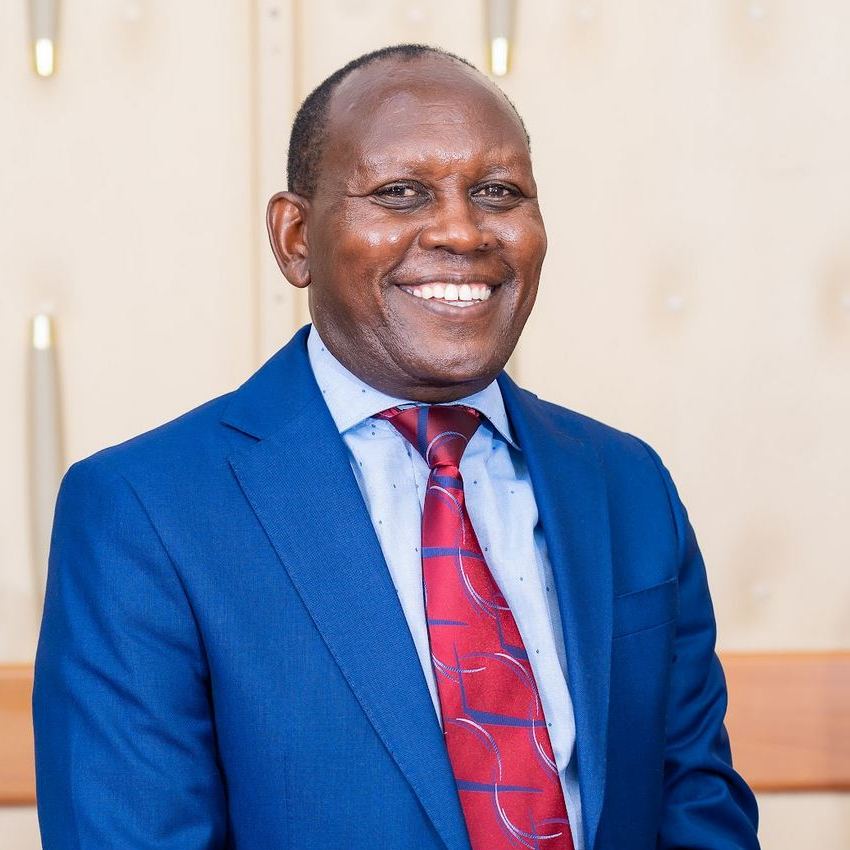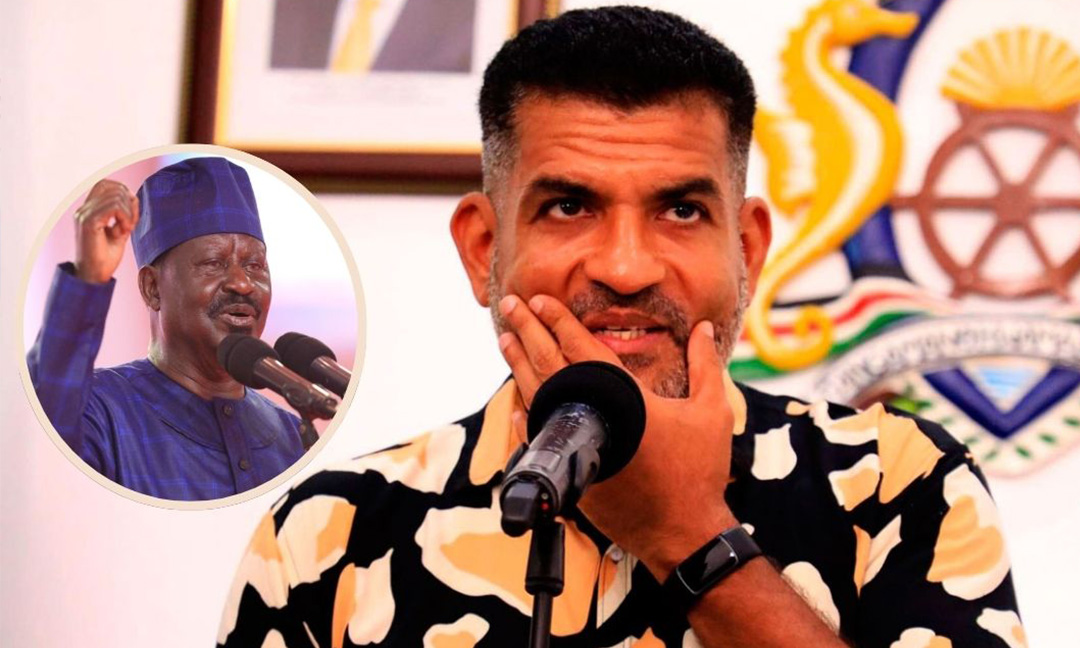Details of a leaked proposal outlining the selection process reveal that Gachagua’s allies are pushing for a combination of scientific opinion polls, financial capability, and the ability to mobilise beyond one’s traditional stronghold. Analysts argue that such measures place the Deputy President far ahead of his rivals.
According to estimates circulating within opposition circles, Gachagua commands support from about five million voters, giving him a clear advantage over his closest competitors. Wiper leader Kalonzo Musyoka is believed to enjoy the backing of around two million voters, while former Interior Cabinet Secretary Fred Matiang’i is credited with just above two million.
“This formula is skewed,” a source within the coalition confided, “because it overlooks the possibility of negotiated consensus and instead rewards numerical dominance. Inevitably, that works in Gachagua’s favour.”
Financial capacity is another proposed yardstick. Gachagua is reportedly the most well-resourced candidate, with the means to mount a campaign capable of challenging President William Ruto’s anticipated war chest in 2027. Matiang’i is thought to be drawing support from former President Uhuru Kenyatta and the wider Kenyatta family, while Kalonzo Musyoka remains heavily reliant on contributions from Kamba tycoons and professionals.
In addition, the number of political rallies funded and attended is being tracked. On this front, Gachagua again tops the list, followed by Matiang’i, who has occasionally ventured beyond his Gusii stronghold to Meru and Busia. Kalonzo has largely restricted his activities to Ukambani, while Eugene Wamalwa and George Natembeya have remained within Trans Nzoia.
Outreach beyond traditional bases has become a central talking point in the opposition camps. Gachagua is widely credited with extending his political footprint across several counties, reinforcing his position as a national figure. Matiang’i has made some progress, but Kalonzo and others appear confined to regional politics.
The proposal has sparked unease, with critics warning that it risks deepening fractures within the opposition rather than uniting it. By tying candidacy to numbers, money, and visibility, the process arguably sidelines consensus-building and instead entrenches competition.
For now, one conclusion is clear: under almost every yardstick proposed, votes, finances, rallies, or national reach, Rigathi Gachagua emerges as the most advantaged. Whether this translates into broad acceptance within the opposition, however, remains an open question.
[/full]





